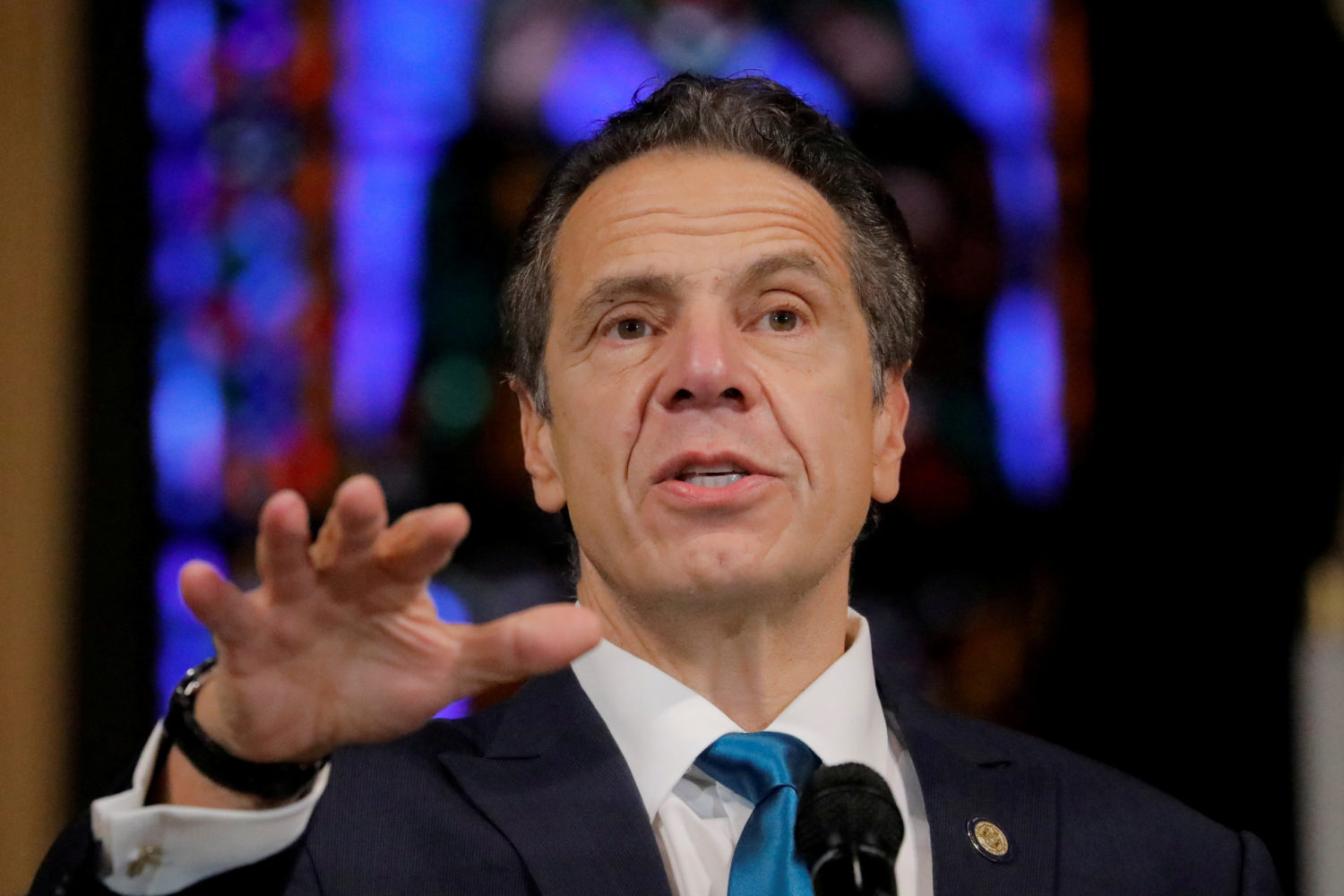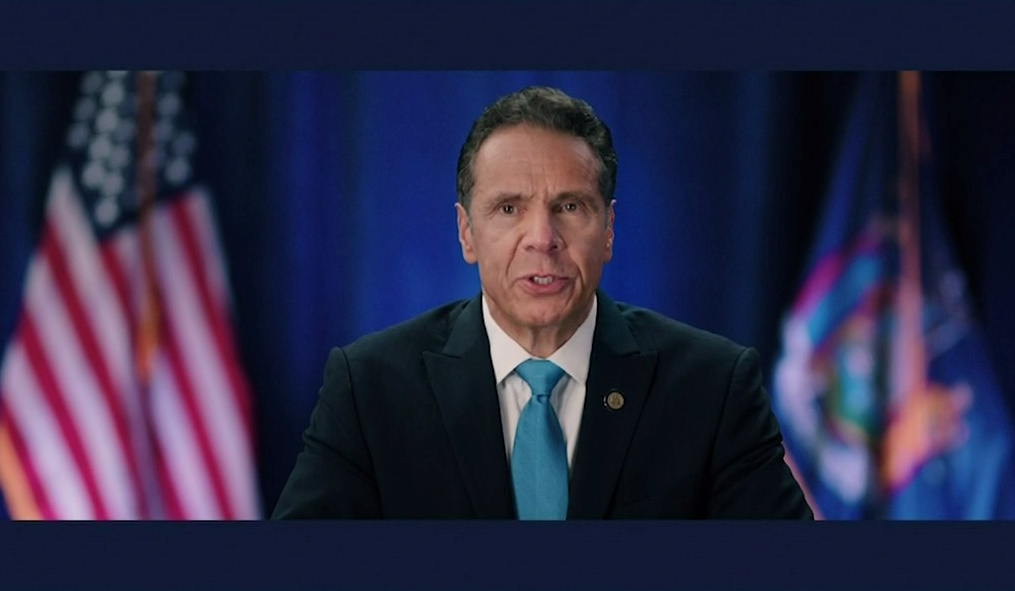
By David Shepardson and David Lawder
WASHINGTON (Reuters) – Michigan and Washington state on Sunday imposed sweeping new restrictions on gatherings, including halting indoor restaurant service, to slow the spread of the coronavirus as total U.S. infections crossed the 11 million mark, just over a week after hitting 10 million.
Michigan Governor Gretchen Whitmer ordered a ban on in-person high school and college classes as well as indoor dining service for three weeks starting on Wednesday as increasingly cold weather drives people indoors where the virus can spread more easily.
She banned public events at concert halls, casinos, movie theaters, skating rinks and other venues, while in-home gatherings will be limited to 10 people from no more than two households.
Whitmer, a Democrat, warned that without aggressive action, Michigan could soon suffer 1,000 COVID-19 deaths per week.
“We are in the worst moment of this pandemic to date,” she told a news conference. “The situation has never been more dire. We are at the precipice and we need to take some action.”
White House coronavirus adviser Scott Atlas reacted to the Michigan orders by urging state residents on Twitter to “rise up” against them. After this drew criticism from Michigan Attorney General Dana Nessel, Atlas said he “NEVER was talking at all about violence.”
Washington state Governor Jay Inslee, a Democrat, announced a one-month ban on indoor services at restaurants and gyms, and a reduction of in-store retail capacity to 25%.
Indoor gatherings would be prohibited outside of one’s household and outdoor gatherings would be limited to five people in Washington state under Inslee’s order.
The new restrictions come as daily new infections in recent days have more than doubled from single-day highs reported during the previous U.S. peak in mid-July. The number of COVID-19 patients in U.S. hospitals also has reached an all-time high.
‘DANGEROUS PERIOD’
Earlier on Sunday, U.S. President-elect Joe Biden’s top advisers called for urgent action to address COVID-19, warning that Republican President Donald Trump’s refusal to begin a transition of power could further jeopardize the battle against the rampaging virus. Biden’s advisers also said it would inhibit vaccine distribution planning and could jeopardize additional government financial aid before Biden, a Democrat, takes office in January.
“We are in a very dangerous period,” Dr. Michael Osterholm, a member of Biden’s COVID-19 Advisory Board and director of the University of Minnesota’s Center for Infectious Disease Research and Policy, told NBC News’ “Meet the Press.”
Unless action is taken now, “we’re going to see these numbers grow substantially,” Osterholm warned. “Our future’s in our hands.”
Basic public health measures such as face covering to curb the spread have become politicized under Trump, who has eschewed mask mandates even after contracting COVID-19 last month, while Biden has backed their widespread use.
Still, some Republican governors in recent days have been forced to act, with North Dakota joining 35 other states over the weekend in mandating masks and Iowa this week requiring them in certain circumstances.
Forty U.S. states have reported record increases in COVID-19 cases in November, while 20 saw a record rise in deaths and 26 reported record hospitalizations, according to a Reuters tally.
The latest 7-day average, shows the United States is reporting more than 144,000 daily cases and 1,120 daily deaths, the highest for any country in the world.
Ron Klain, Biden’s incoming White House chief of staff, on Sunday urged Congress to immediately pass COVID-19 relief legislation with new restrictions certain to take a toll.
“This could be a first example of bipartisan action post-election,” Klain told NBC. He said Biden has spoken to congressional Democratic leaders, but not to Senate Republican leader Mitch McConnell, who has refused to publicly acknowledge Biden as president-elect.
‘PASSING A BATON’
Klain said there had been no formal contact between Biden’s advisory panel and the White House Coronavirus Task Force, which requires transition authorization from the General Services Administration.
“It’s really important in the smooth handing over of the information,” top U.S. infectious disease expert and White House task force member Dr. Anthony Fauci told CNN’s “State of the Union” program. “It’s almost like passing a baton in a race, you don’t want to stop and give it to somebody, you just want to essentially keep going.”
Biden’s team this week planned to meet with Pfizer Inc., which last week released positive initial data on its experimental novel coronavirus vaccine, and other drugmakers, Klain said.
Former U.S. Surgeon General Dr. Vivek Murthy, head of Biden’s COVID team, told Fox News the coronavirus surge was “deeply alarming” but that a national lockdown was “a measure of last resort.”
“The better way to think about these safety restrictions is more a dial that we turn up and down depending on severity” in a given area, he said.
(Reporting by Susan Heavey and David Shepardson; additional reporting by Michelle Price, Nathan Layne, Sarah N. Lynch, Linda So and Anurag Maan; Writing by David Lawder; Editing by Bill Berkrot, Diane Craft, Robert Birsel)







